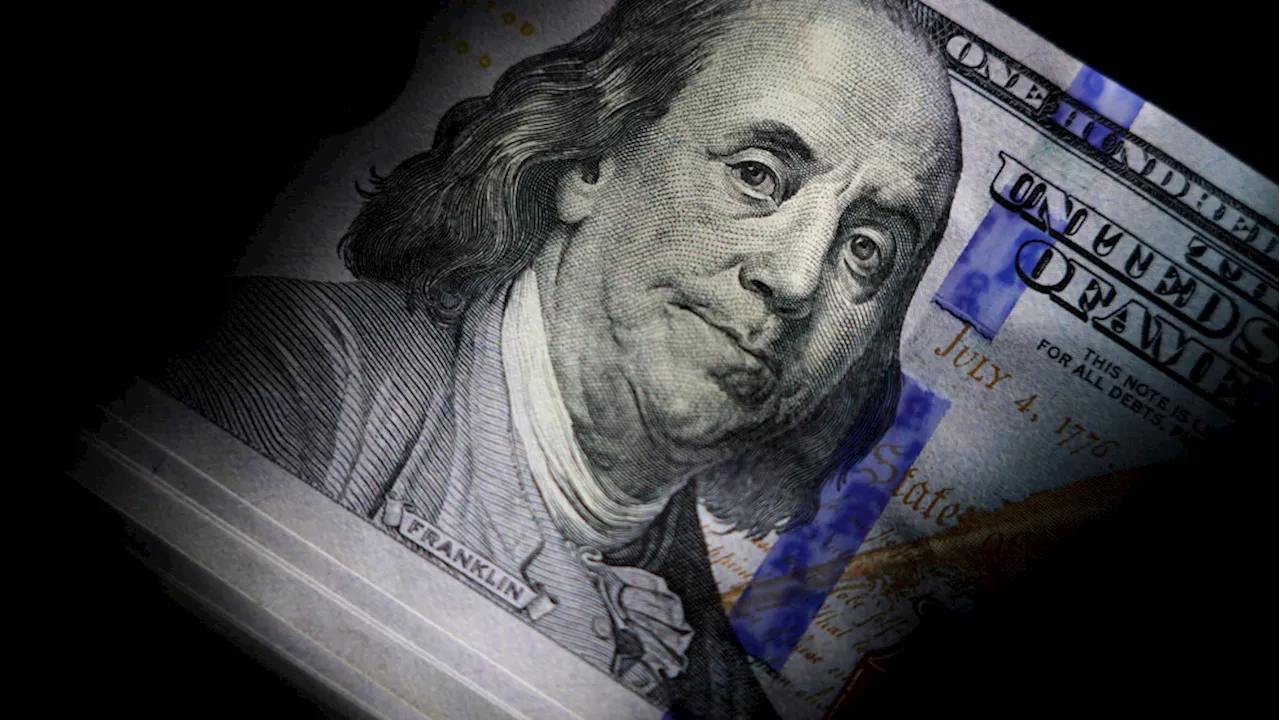Business
Trump Explores Rebate Checks for Americans Funded by Tariff Revenue

Former U.S. President Donald Trump has proposed the possibility of issuing rebate checks to American taxpayers, suggesting that these payments could be financed through revenue generated from tariffs. This announcement comes as part of his broader economic strategy, which aims to use tariff collections to benefit American citizens directly.
During a recent speech, Trump emphasized that the funds collected from tariffs would not only serve as a means to reduce national debt but might also provide direct financial relief to some Americans. He stated, “This money can go back to the people who need it most,” highlighting the potential for these rebate checks to alleviate financial pressures on households.
The idea of rebate checks is not new in the realm of U.S. economic policy, yet Trump’s approach reflects his ongoing focus on trade and tariffs as tools for economic enhancement. The former president has been vocal about his stance on tariffs, advocating for their use to protect American industries and workers.
Potential Impact on American Households
If implemented, these rebate checks could provide a significant financial boost to American families. Trump has not specified the exact amount of the rebates or the timeline for their distribution, but the concept resonates with many who are feeling the strain of inflation and rising living costs.
According to the U.S. Treasury, tariff revenues have fluctuated in recent years, reaching approximately $80 billion in 2022. This revenue stream has been a topic of considerable debate, with proponents arguing that it can be effectively used to offset other economic burdens.
The potential for rebate checks raises questions about the broader implications for U.S. fiscal policy. Critics of tariff-based funding argue that relying on such revenue could lead to instability, as tariffs can be subject to change based on international trade dynamics. Nevertheless, supporters believe that using these funds to directly benefit taxpayers could foster greater public support for tariffs.
Next Steps and Political Ramifications
As Trump continues to explore this proposal, the political landscape remains charged. With the 2024 presidential election approaching, the former president’s economic proposals are likely to attract significant attention from both supporters and opponents.
In recent polls, economic issues have emerged as a top concern for voters, making the discussion around rebate checks particularly timely. If Trump can effectively communicate the benefits of this initiative, it could bolster his appeal to undecided voters who prioritize financial stability.
It remains to be seen how this proposal will be received by Congress and the American public. Lawmakers will need to evaluate the feasibility of implementing such a rebate program, considering both the legal implications and the potential economic consequences.
As discussions continue, Trump’s proposal reflects a broader dialogue about the role of tariffs and government intervention in the economy. The coming months will likely see increased scrutiny of this idea, as both parties assess its viability and impact on the upcoming electoral landscape.
-

 Lifestyle3 months ago
Lifestyle3 months agoLibraries Challenge Rising E-Book Costs Amid Growing Demand
-

 Sports3 months ago
Sports3 months agoTyreek Hill Responds to Tua Tagovailoa’s Comments on Team Dynamics
-

 Sports3 months ago
Sports3 months agoLiverpool Secures Agreement to Sign Young Striker Will Wright
-

 Lifestyle3 months ago
Lifestyle3 months agoSave Your Split Tomatoes: Expert Tips for Gardeners
-

 Lifestyle3 months ago
Lifestyle3 months agoPrincess Beatrice’s Daughter Athena Joins Siblings at London Parade
-

 World3 months ago
World3 months agoWinter Storms Lash New South Wales with Snow, Flood Risks
-

 Science3 months ago
Science3 months agoTrump Administration Moves to Repeal Key Climate Regulation
-

 Science2 months ago
Science2 months agoSan Francisco Hosts Unique Contest to Identify “Performative Males”
-

 Business3 months ago
Business3 months agoSoFi Technologies Shares Slip 2% Following Insider Stock Sale
-

 Science3 months ago
Science3 months agoNew Tool Reveals Link Between Horse Coat Condition and Parasites
-

 Sports3 months ago
Sports3 months agoElon Musk Sculpture Travels From Utah to Yosemite National Park
-

 Science3 months ago
Science3 months agoNew Study Confirms Humans Transported Stonehenge Bluestones









